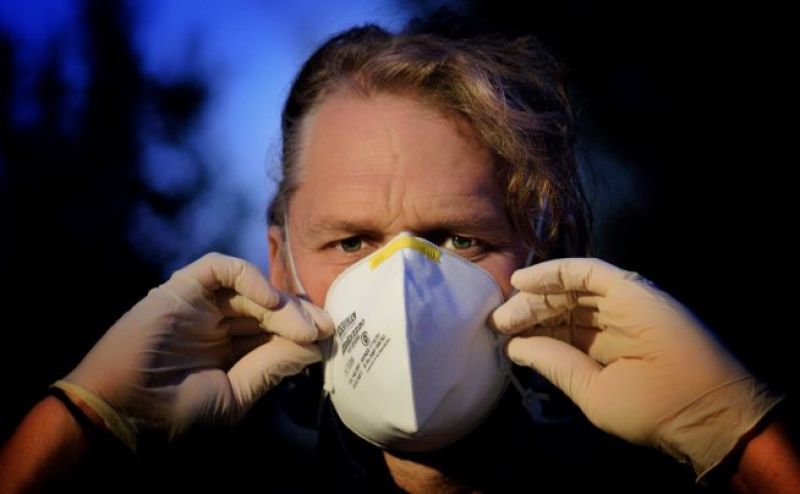
The U.S. Commission for the Freedom of Religion (USCIRF) recently expressed concern that religious freedom should not be infringed upon in the COVID-19 response of governments.
The data released on Monday by USCIRF policy analysts Scott Wiener and Dominic Nardi and USCIRF International Legal Specialist Kirsten Lavery introduced some countries where quarantine authorities' actions against COVID-19 infringe on religious freedom.
In China, where the first confirmed virus was detected in early December, it was criticized for its belated quarantine response and information censorship. Currently, China's confirmed number of people is about 80,000 and the death toll is known to be 3,000.
The Communist government has taken strong quarantine measures, including shutting down Wuhan and several other cities and has also used surveillance apparatus to monitor potentially sick citizens.
The USCIRF said human rights activists are concerned that the danger of COVID-19 and the government's response to it continue to infringe upon religious freedom.
China is one of the most serious countries in terms of persecution of Christians on Open Doors USA's World Watch List. The Chinese Communist Party has persecuted and monitored various religious minorities over the past three years, including 1 million Uighurs and Muslims.
"The Chinese authorities sent Uighurs to factories all over China to make up for reduced production during the quarantine period," the USCIRF said, warning that "the spread of the virus could cause a humanitarian disaster because it would be difficult for elderly people who are brainwashing in concentration camps to get medical help."
In addition, China quarantined millions of people in Xinjiang in January without warning. Some Uighur residents in the city of Ghulja have limited access to food, and local officials demanded payments in order to bring supplies," he added.
Among the non-Asian regions, Italy has the largest number of confirmed cases with over 59,000 people, second only to China. The Italian government shut down schools, theaters, and public places. They also include religious facilities.
The USCIRF said, "The Roman Catholic Church shut down public services and stopped worshiping Wednesdays of ashes. "Some religious leaders are questioning the decision to stop public Masses until March 8, and in the case of the northern city of Milan, worshippers can visit the church and offer personal prayers, but not have a large gathering," he said.
The Roman Catholic Patriarch of Venice Francesco Moraglia told The New York Times, "We asked the regional government of Veneto to allow just a ceremony to commemorate the Mass. The Vatican said on March 8 that it will suspend all Mass and events until April begins.
In Iran, which has a confirmed number of over 23,000, some countries in the Middle East have issued travel restrictions visits to religious sites in Iran such as the Qom and Mashhad seminaries.
In addition, the COVID-19 spread to prisons such as Evin, Urmia and Kazal Hesar, raising concerns about the health of the imprisoned minority religious people. Iran has released a total of 70,000 people so far, including 54,000 prisoners, on March 3, according to the USCIRF.
In Saudi Arabia, the number of confirmed cases is currently 562. Saudi Arabia has banned foreigners from visiting Mecca and Medina. The USCIRF said, "The Saudi government was concerned about the virus' influx through Iranian travelers. "Iran is home to several Shia religious pilgrimage sites, so the quarantine around Qatif stands to limit this particular element of Shia religious practice," it said.



















